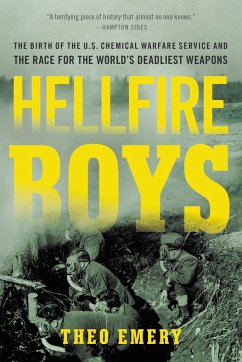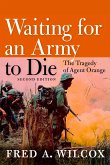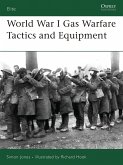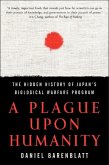This explosive look into the dawn of chemical warfare during World War I is "a terrifying piece of history that almost no one knows" (Hampton Sides). In 1915, when German forces executed the first successful gas attack of World War I, the world watched in horror as the boundaries of warfare were forever changed. Cries of barbarianism rang throughout Europe, yet Allied nations immediately jumped into the fray, kickstarting an arms race that would redefine a war already steeped in unimaginable horror. Largely forgotten in the confines of history, the development of the U.S. Chemical Warfare Service in 1917 left an indelible imprint on World War I. This small yet powerful division, along with the burgeoning Bureau of Mines, assembled research and military unites devoted solely to chemical weaponry, outfitting regiments with hastily made gas-resistant uniforms and recruiting scientists and engineers from around the world into the fight. As the threat of new gases and more destructive chemicals grew stronger, the chemists' secret work in the laboratories transformed into an explosive fusion of steel, science, and gas on the battlefield. Drawing from years of research, Theo Emery brilliantly shows how World War I quickly spiraled into a chemists' war, one led by the companies of young American engineers-turned-soldiers who would soon become known as the "Hellfire Boys." As gas attacks began to mark the heaviest and most devastating battles, these brave and brilliant men were on the front lines, racing against the clock -- and the Germans -- to protect, develop, and unleash the latest weapons of mass destruction.
Hinweis: Dieser Artikel kann nur an eine deutsche Lieferadresse ausgeliefert werden.
Hinweis: Dieser Artikel kann nur an eine deutsche Lieferadresse ausgeliefert werden.








